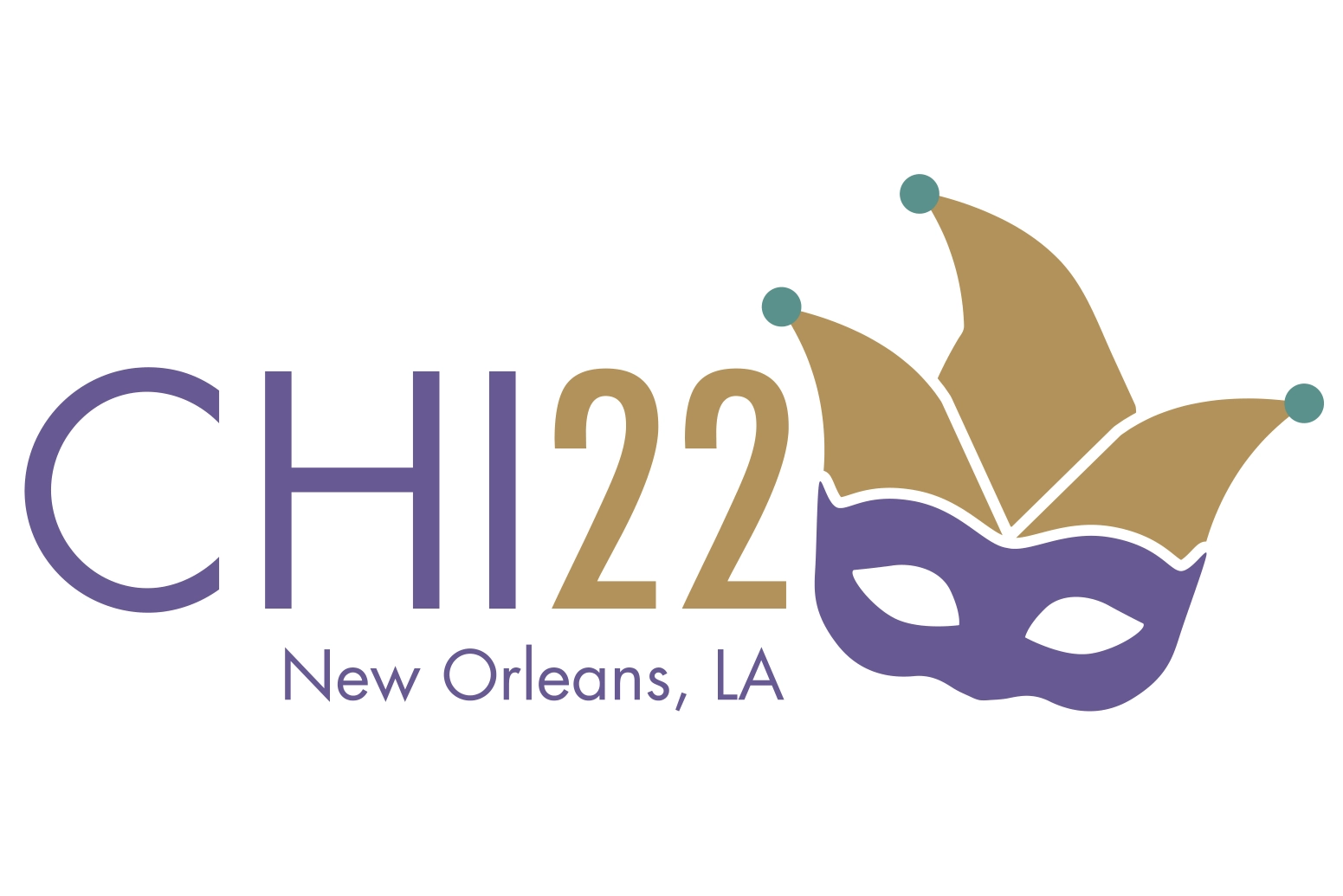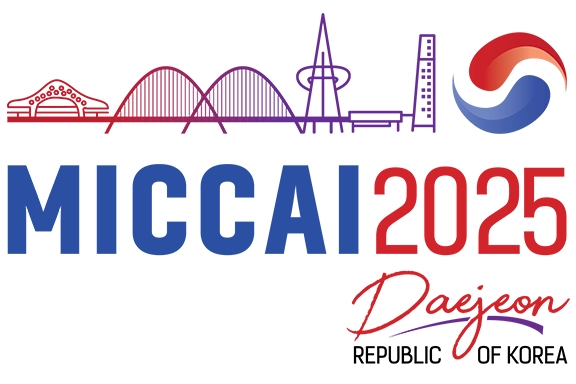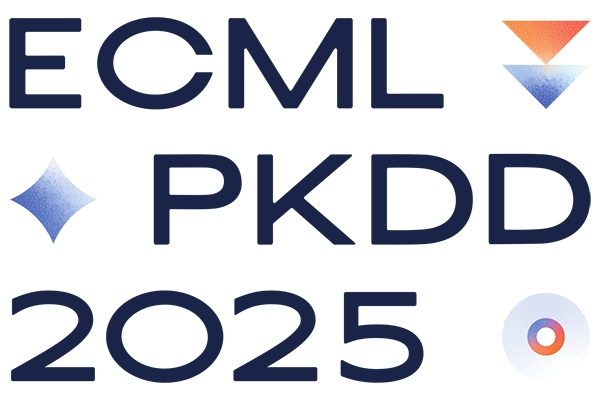25.04.2022

MCML Researchers With Two Papers at CHI 2022
Conference on Human Factors in Computing Systems (CHI 2022). New Orleans, LA, USA, 30.04.2022–05.05.2022
We are happy to announce that MCML researchers are represented with two papers at CHI 2022. Congrats to our researchers!
Main Track (2 papers)
‘It Is Not Always Discovery Time’: Four Pragmatic Approaches in Designing AI Systems.
CHI 2022 - Conference on Human Factors in Computing Systems. New Orleans, LA, USA, Apr 30-May 05, 2022. DOI
Abstract
While systems that use Artificial Intelligence (AI) are increasingly becoming part of everyday technology use, we do not fully understand how AI changes design processes. A structured understanding of how designers work with AI is needed to improve the design process and educate future designers. To that end, we conducted interviews with designers who participated in projects which used AI. While past work focused on AI systems created by experienced designers, we focus on the perspectives of a diverse sample of interaction designers. Our results show that the design process of an interactive system is affected when AI is integrated and that design teams adapt their processes to accommodate AI. Based on our data, we contribute four approaches adopted by interaction designers working with AI: a priori, post-hoc, model-centric, and competence-centric. Our work contributes a pragmatic account of how design processes for AI systems are enacted.
MCML Authors
Automating Contextual Privacy Policies: Design and Evaluation of a Production Tool for Digital Consumer Privacy Awareness.
CHI 2022 - Conference on Human Factors in Computing Systems. New Orleans, LA, USA, Apr 30-May 05, 2022. DOI
Abstract
Users avoid engaging with privacy policies because they are lengthy and complex, making it challenging to retrieve relevant information. In response, research proposed contextual privacy policies (CPPs) that embed relevant privacy information directly into their affiliated contexts. To date, CPPs are limited to concept showcases. This work evolves CPPs into a production tool that automatically extracts and displays concise policy information. We first evaluated the technical functionality on the US’s 500 most visited websites with 59 participants. Based on our results, we further revised the tool to deploy it in the wild with 11 participants over ten days. We found that our tool is effective at embedding CPP information on websites. Moreover, we found that the tool’s usage led to more reflective privacy behavior, making CPPs powerful in helping users understand the consequences of their online activities. We contribute design implications around CPP presentation to inform future systems design.
MCML Authors
25.04.2022
Related

22.09.2025
Predicting Health With AI - With Researcher Simon Schallmoser
Simon Schallmoser uses AI to predict health risks, detect low blood sugar in drivers, and advance personalized, safer healthcare.

19.09.2025
MCML Researchers With 24 Papers at MICCAI 2025
28th International Conference on Medical Image Computing and Computer Assisted Intervention (MICCAI 2025). Daejeon, Republic of Korea, 23.09.2025 - 27.09.2025

15.09.2025
Robots Seeing in the Dark - With Researcher Yannick Burkhardt
Yannick Burkhardt erforscht Event-Kameras, die Robotern ermöglichen, blitzschnell zu reagieren und auch im Dunkeln zu sehen.

12.09.2025
MCML Researchers With Eight Papers at ECML-PKDD 2025
European Conference on Machine Learning and Principles and Practice of Knowledge Discovery in Database (ECML-PKDD 2025). Porto, Portugal, 15.09.2025 - 19.09.2025


